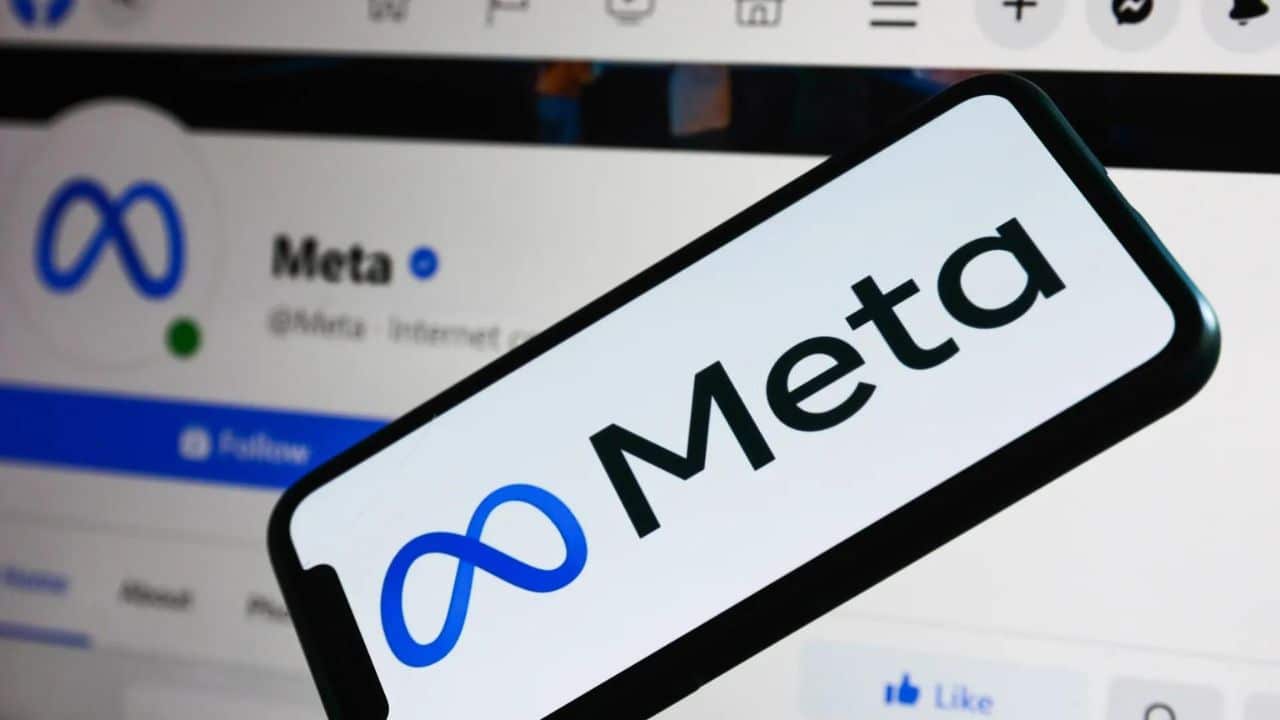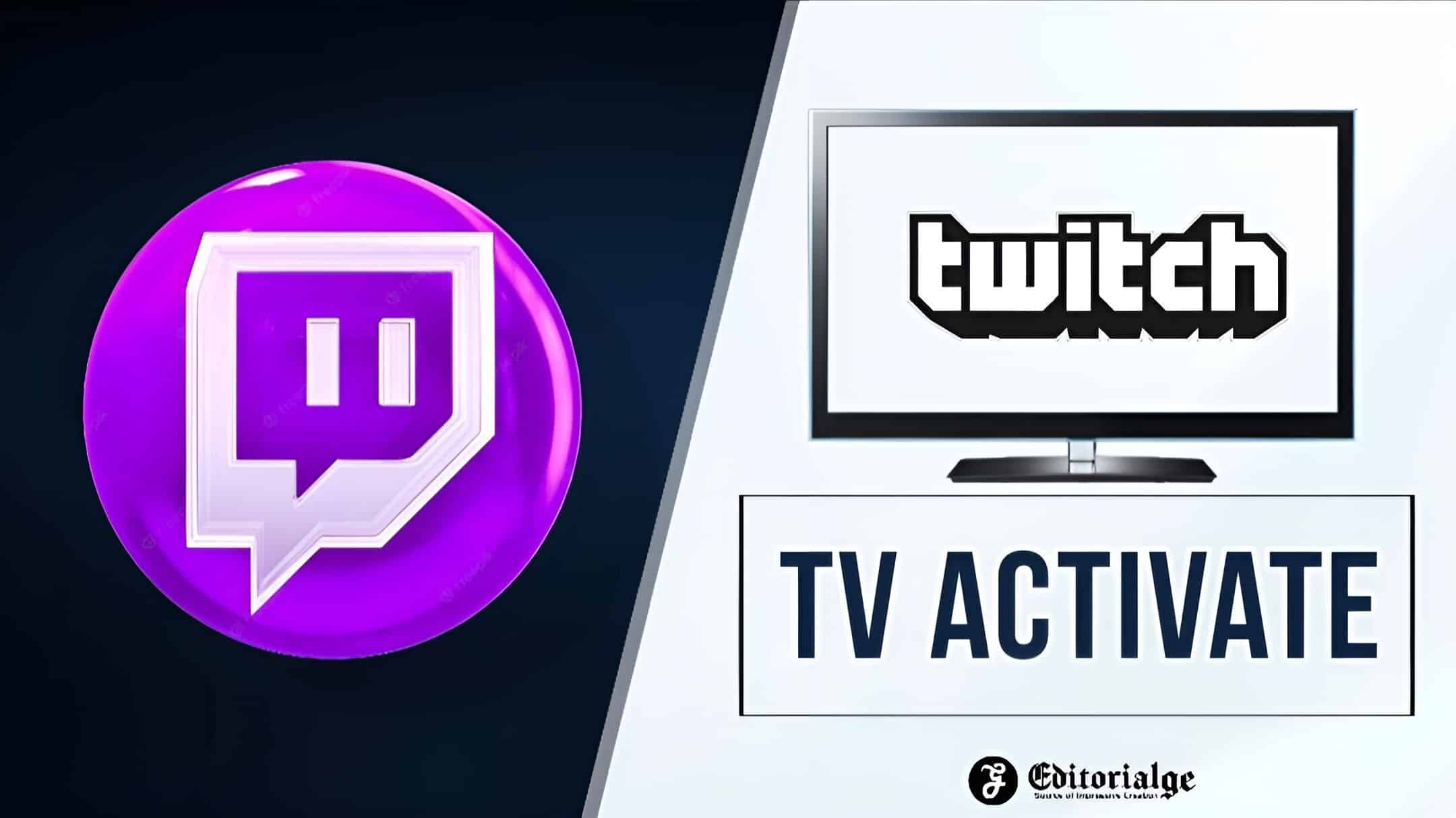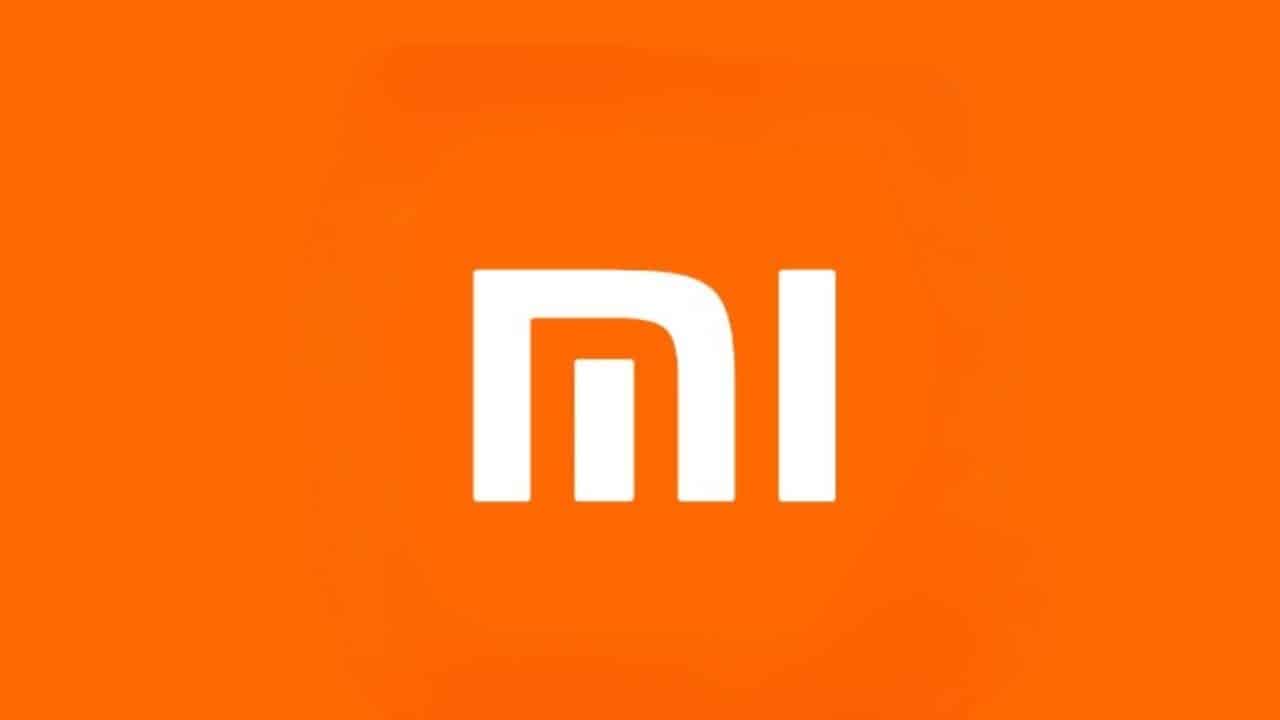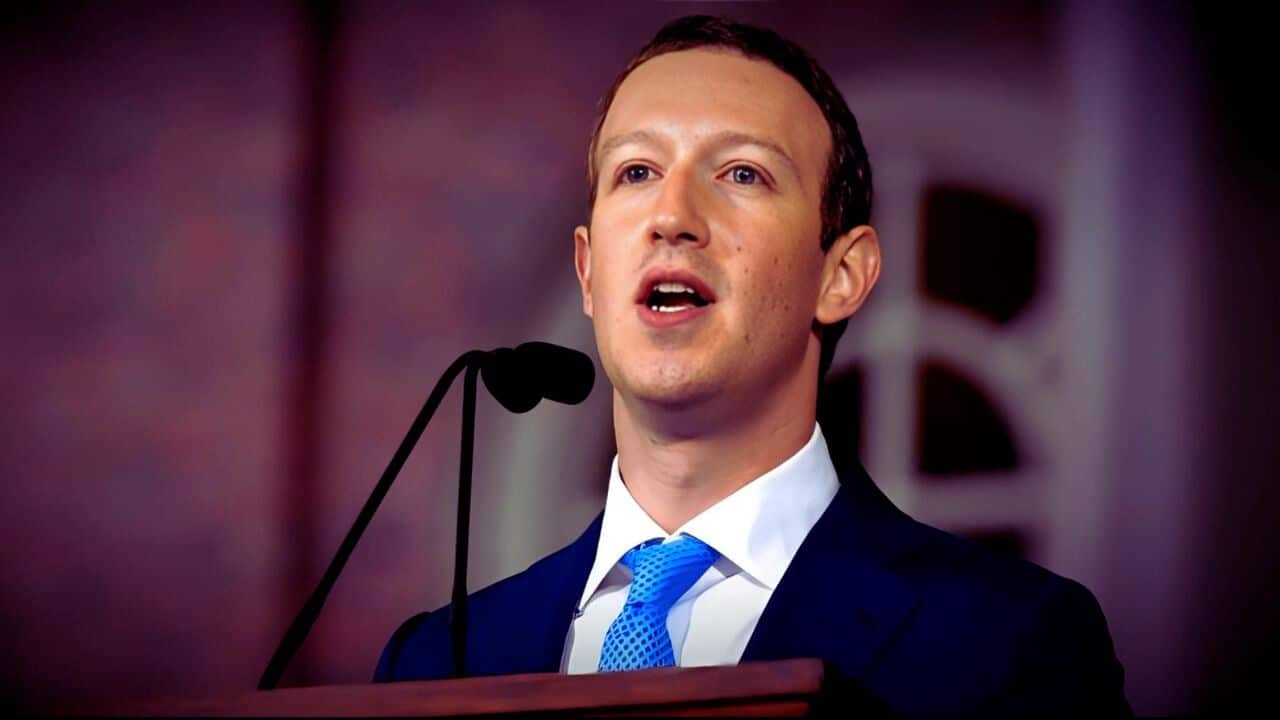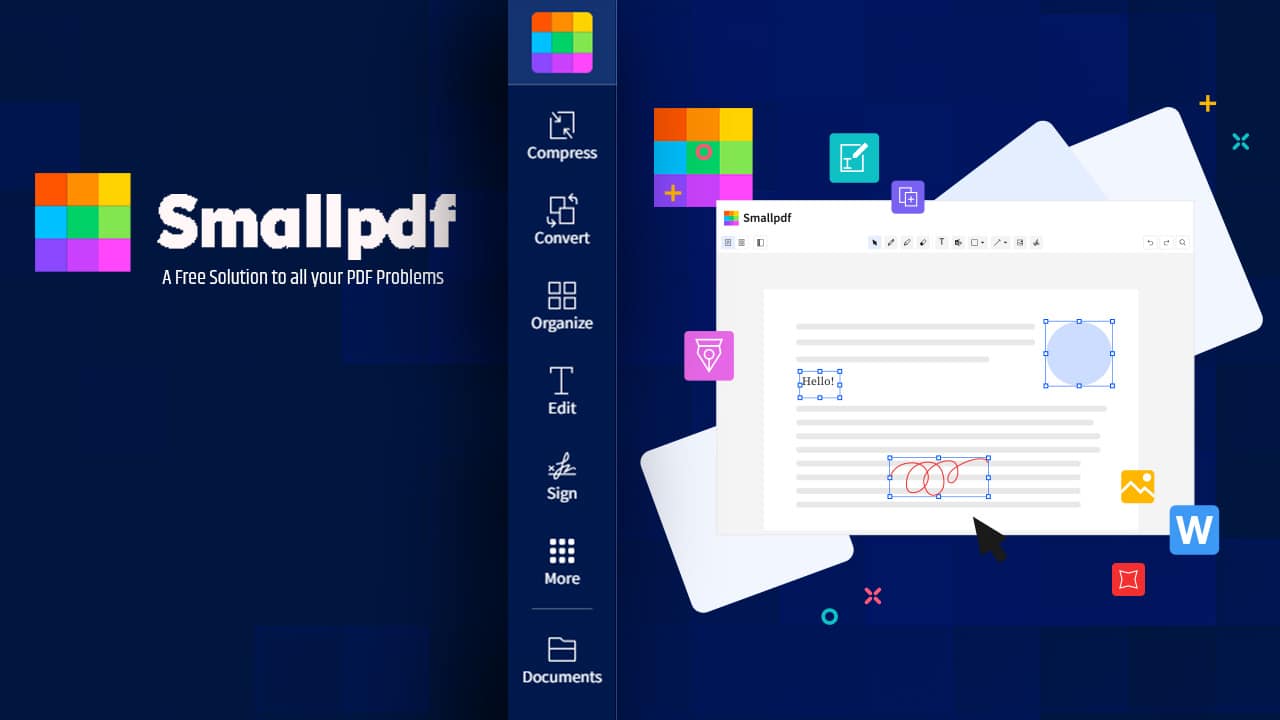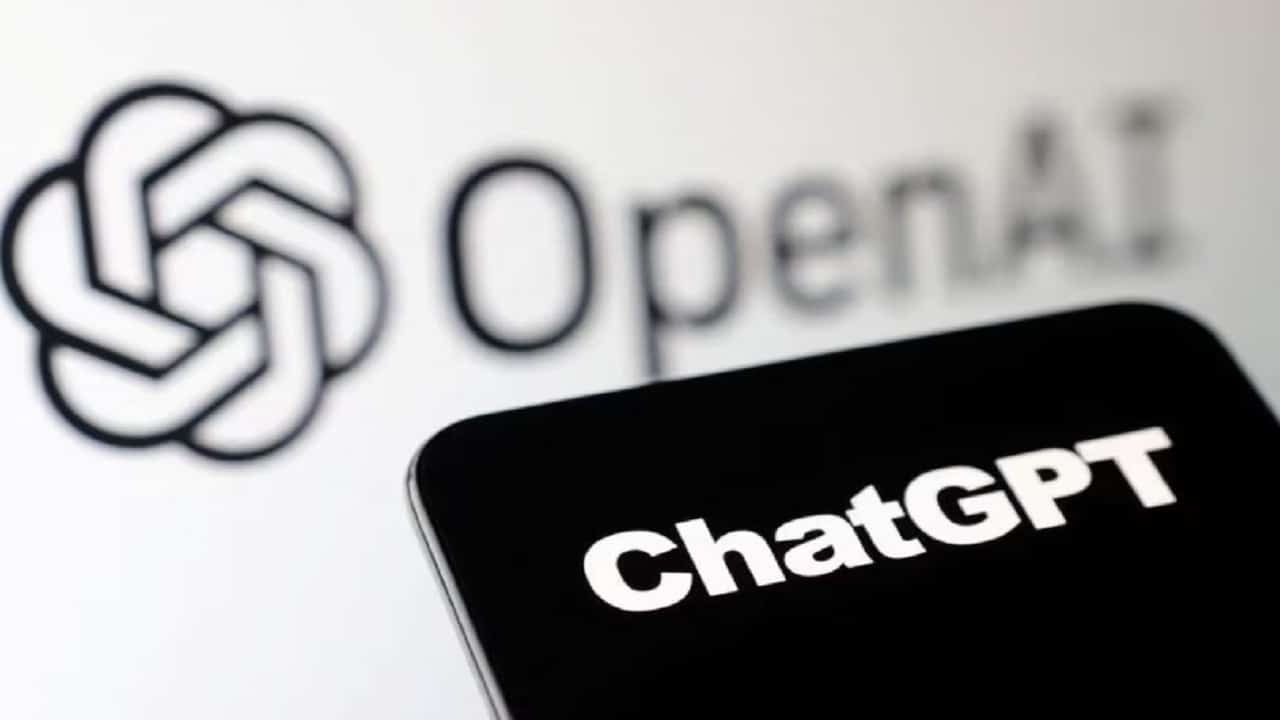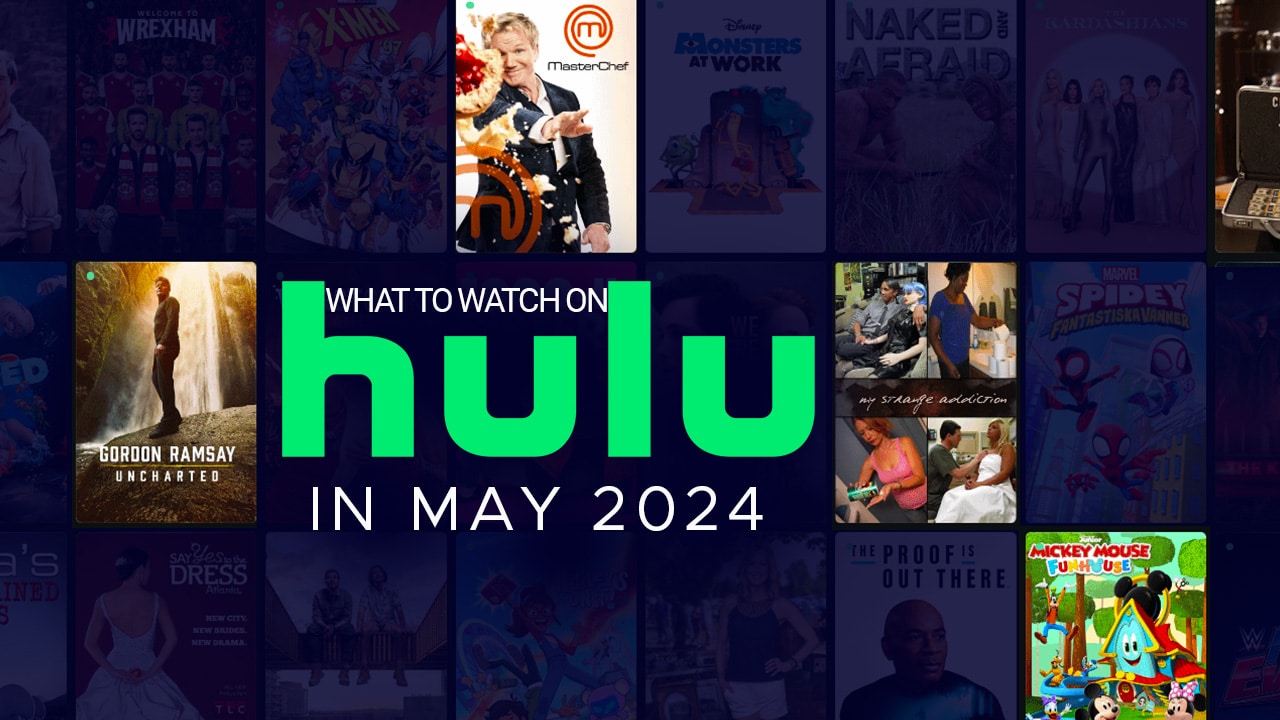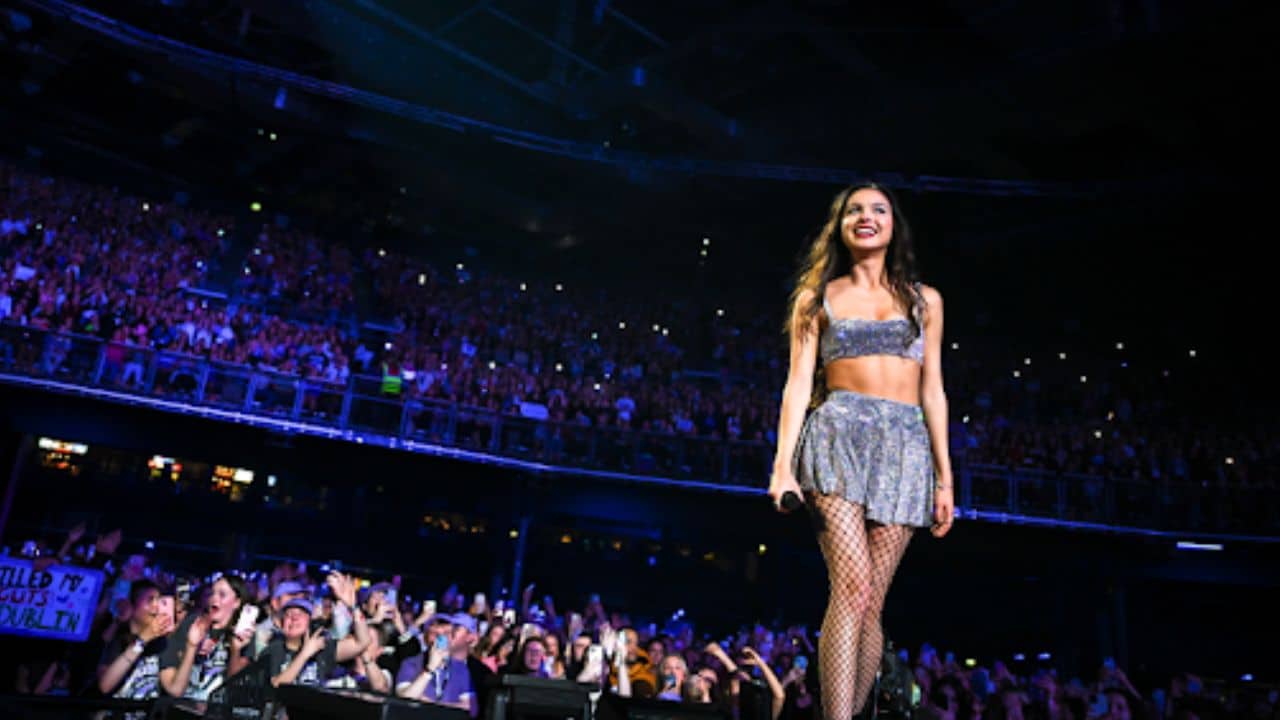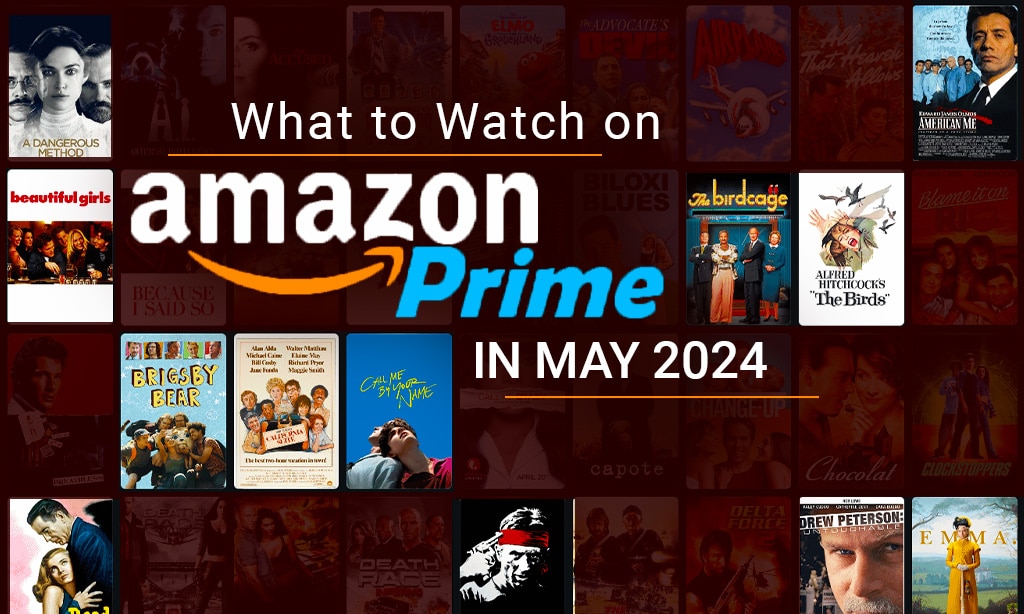As the US tech giant strives to promote interaction on its platforms, Meta is deploying artificial intelligence-driven persona chatbots across Instagram, Facebook, and WhatsApp, as well as providing developers the ability to create their own versions of AI helpers.
On Wednesday, Meta announced an AI assistant that will be able to search for answers to customers’ questions via a relationship with Microsoft’s Bing, as well as AI image generation.
Users of Meta’s platforms will also be able to engage with 28 chatbots based on celebrities who have agreed to have their voice and likeness utilized in the feature. Cook Roy Choi plays Max, a sous chef who can develop dishes from a list of ingredients entered into the system, while US rapper Snoop Dogg will guide you through a text-based journey.
Meta stated that the AI helper and identities would be available in beta mode in the United States beginning Wednesday, but that there would be “several more coming over the next few weeks” spanning a variety of hobbies, including gaming, philosophy, and fashion. This summer, the Financial Times first reported on Meta’s intentions for persona-based chatbots.
“This isn’t just going to be about answering questions,” remarked Mark Zuckerberg, Meta’s CEO, at the conference. “This is about entertainment and about helping you do things to connect with the people around you, helping you accomplish the things that you want.”
In addition, the Facebook parent company said that developers will be able to create their own AIs for use on Meta’s messaging services. As the business tries to capitalize on the growth in generative AI since Microsoft-backed OpenAI introduced ChatGPT in November, a second feature will be launched in the coming year that will allow users who cannot code to develop their own bots.
Meta is launching the goods as it recovers from a “year of efficiency” in which it laid off tens of thousands of employees, reduced its real estate footprint, and shelved low-priority projects, according to Zuckerberg. Meta’s share price has more than tripled since its November 2022 low, thanks to expense cuts and a renewed focus on AI.
The social network business also revealed more information about its newest headset, an update to its best-selling Quest 2. The “mixed-reality” Quest 3 will be on sale next month for $499.99, combining virtual and augmented reality, which overlays digital pictures on top of the actual environment.
The headset will cost $3,499 when it is available on October 10, compared to $3,499 for Apple’s Vision Pro headset, which will be released early next year.
Zuckerberg was quick to point out that he hasn’t given up on his metaverse goals, in which individuals engage in virtual surroundings and universes. “I think not too far from now, you’re going to walk into a room and there are going to be as many holograms of digital things for you to interact with as there are physical objects,” he stated in his opening remarks. According to Meta, the AI characters, such as Max, will eventually exist as avatars in the metaverse.
He also stated that the corporation was implementing these new capabilities “a little more slowly than we normally would” in order to solve any difficulties raised by privacy and safety concerns.
The next version of Ray-Ban Meta smart glasses, with a new function to livestream directly to Instagram and Facebook, was also on show. According to Meta, the glasses will be updated next year and will eventually be able to recognise buildings and translate signs in multiple languages.


